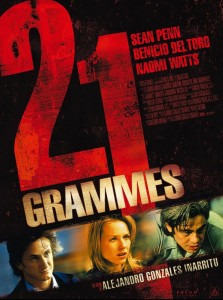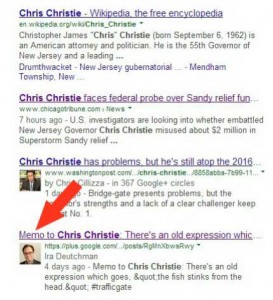By Jon Raymond
Ted Hope posted about the poor state of indie film distribution, his frustration with deals that pay out so little that screw indie producers, and how he’s decided to stop producing. This marks a turning point. I had to respond with this comment:
The main reason indie films have distribution problems has to do with compulsive behavior to take whatever deal you can get. [Distributor-Sales Agent] Lists are good, if they are vetted. There are a lot of unscrupulous players out there. And even with good distributors and sales agents, you have to hold out for the terms you want.
If indie filmmakers keep signing all rights deals, then that becomes the norm. If we give distributors 20% off the gross, or add P&A expenses first, then that becomes the norm. These things kill independent film.
I’m pretty sure that in any other industry, the manufacturer is paid a wholesale price for product. If it’s not all sold there may be some return. But you don’t see retail outlets deducting advertising costs from sales or taking 20% off the remainder sales gross before the manufacturer sees a dime. No manufacturer would agree to those terms. Why do we?
I’m pissed that the guy who produced 21 Grams doesn’t want to produce more films, and because I think it’s the fault of most indie filmmakers who take bad deals.

Every time a producer signs an all rights deal without a six month performance agreement, or with a back-end 20/80 split after unaccountable P&A (publicity and adverting), they are hurting all of our chances to make a sustainable living with film. Maybe filmmakers need more education.



 It all started just as the Chris Christie Bridge-ghazi scandal was gathering steam. Like many, I googled the besieged Governor to see if there were any new developments.
It all started just as the Chris Christie Bridge-ghazi scandal was gathering steam. Like many, I googled the besieged Governor to see if there were any new developments.
